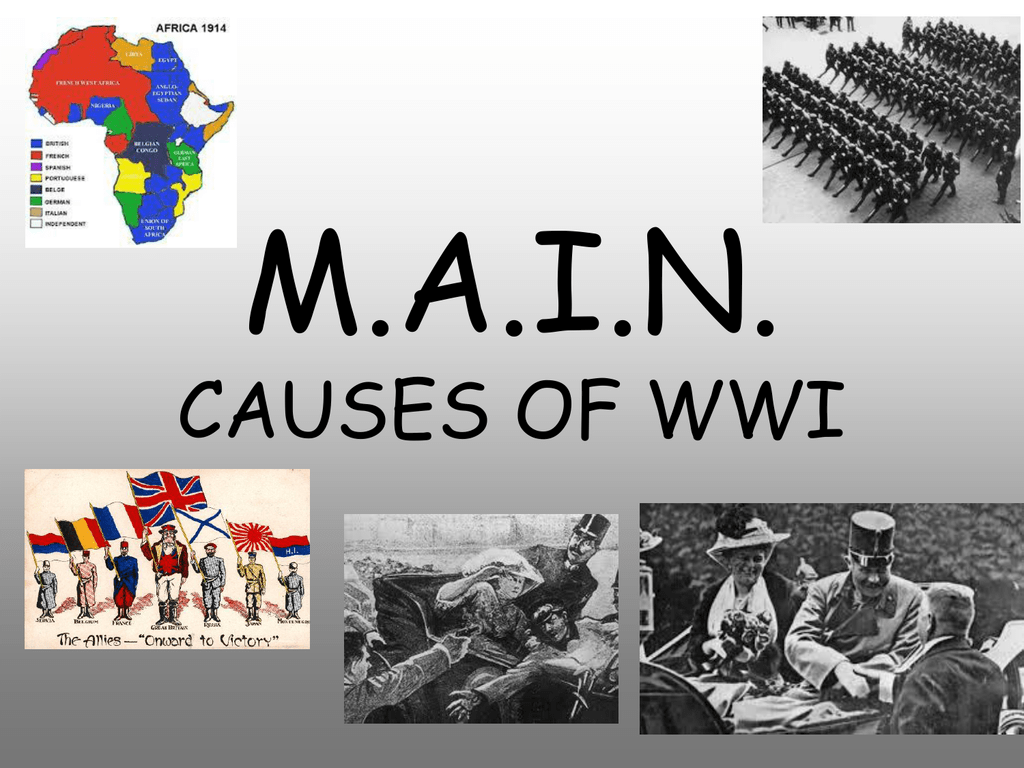Cracks in the German Coalition: Whispers of New Alliances Amidst Rising Political Tensions
BERLIN – Germany’s governing coalition is facing increasing strain, prompting speculation about potential realignments within the Bundestag. Rising tensions over economic policy, particularly energy costs and inflation, alongside disagreements on migration and foreign policy, are fueling discussions of new coalition formations, though concrete plans remain elusive. While no formal negotiations are publicly underway, behind-the-scenes maneuvering suggests a period of significant political uncertainty lies ahead.

The current three-party coalition, comprising the Social Democratic Party (SPD), the Greens, and the Free Democratic Party (FDP), has struggled to maintain unity on key issues. The FDP, representing a more liberal and economically conservative wing, has increasingly clashed with the SPD and Greens on spending plans aimed at mitigating the impact of the energy crisis. Recent disagreements over extending the lifespan of nuclear power plants and the implementation of a gas price cap highlight the growing fault lines within the government.
“The current situation is challenging, to say the least,” commented political analyst Dr. Annika Schmidt from the Berlin-based German Institute for International and Security Affairs (SWP). “The coalition partners are pulling in different directions, and the pressure from the public, facing a cost-of-living crisis, is immense.”
The SPD, led by Chancellor Olaf Scholz, has attempted to maintain a united front, emphasizing the need for collaborative governance. However, internal divisions within the party itself are also emerging, with some members expressing frustration with the compromises required to maintain the coalition.
Speculation about potential new alliances is rife. While no party has openly declared intentions to abandon the current coalition, whispers suggest several possibilities. A potential realignment involving the SPD and the Greens, leaving the FDP in opposition, is one scenario being discussed. Another, albeit less likely, involves a potential coalition between the FDP and parts of the opposition CDU/CSU bloc, leveraging their shared economic liberalism.

However, these are largely hypothetical scenarios at this stage. The CDU/CSU, Germany’s largest opposition party, has so far refrained from openly courting coalition partners, focusing instead on criticizing the current government’s handling of the economic crisis. A spokesperson for the CDU, when contacted, declined to comment on speculation regarding potential future coalitions.
The coming months will be crucial in determining the future of Germany’s political landscape. The upcoming state elections in several Länder will offer a valuable indication of public sentiment and could further influence the dynamics within the Bundestag. The stability of the current coalition, and the potential for significant political realignment, remains a key concern for Germany and its European partners. The situation will continue to be closely monitored.


